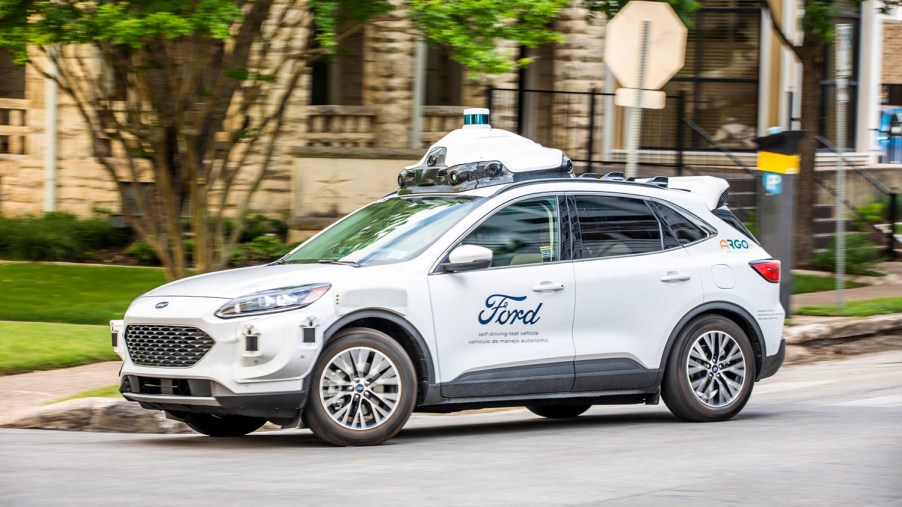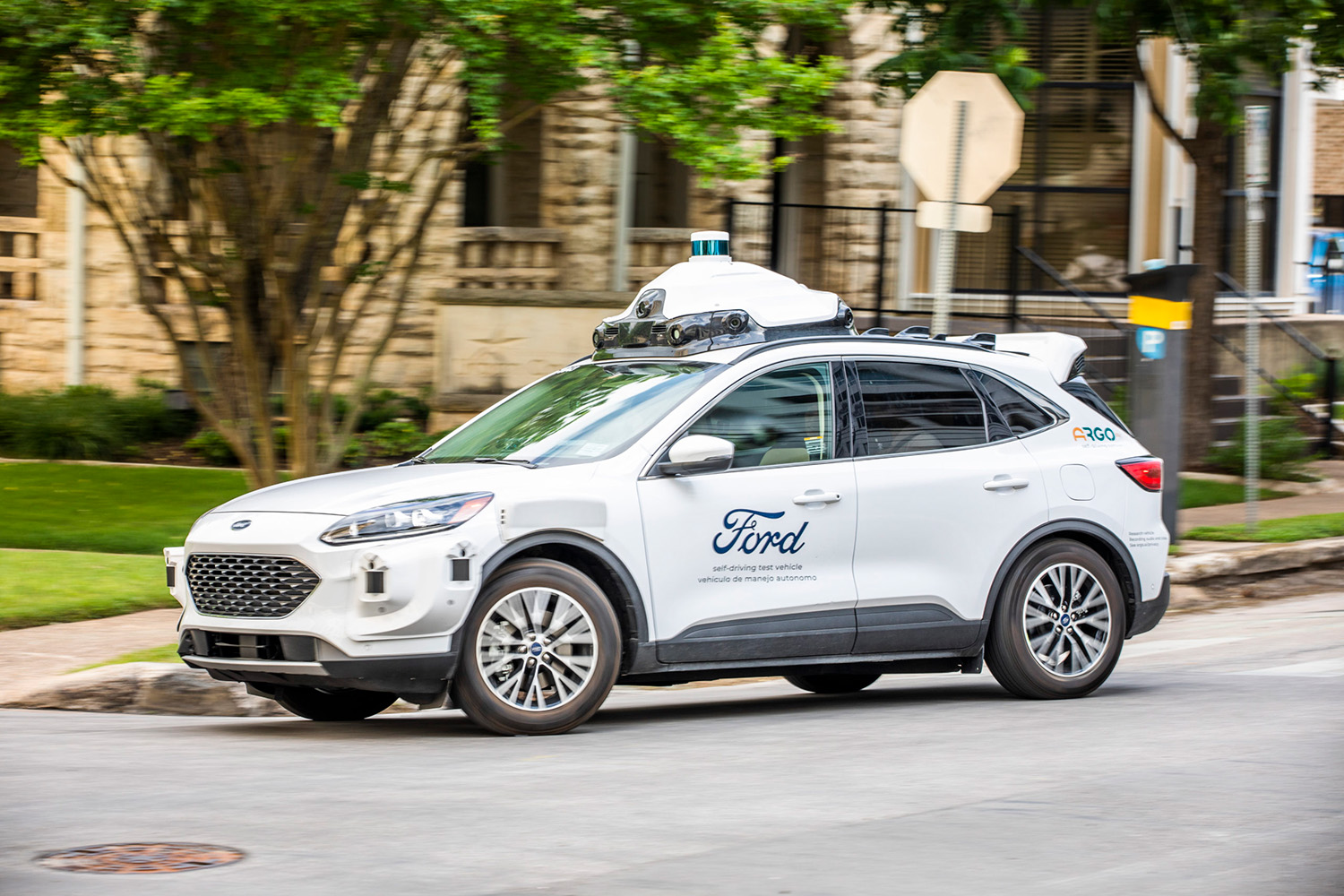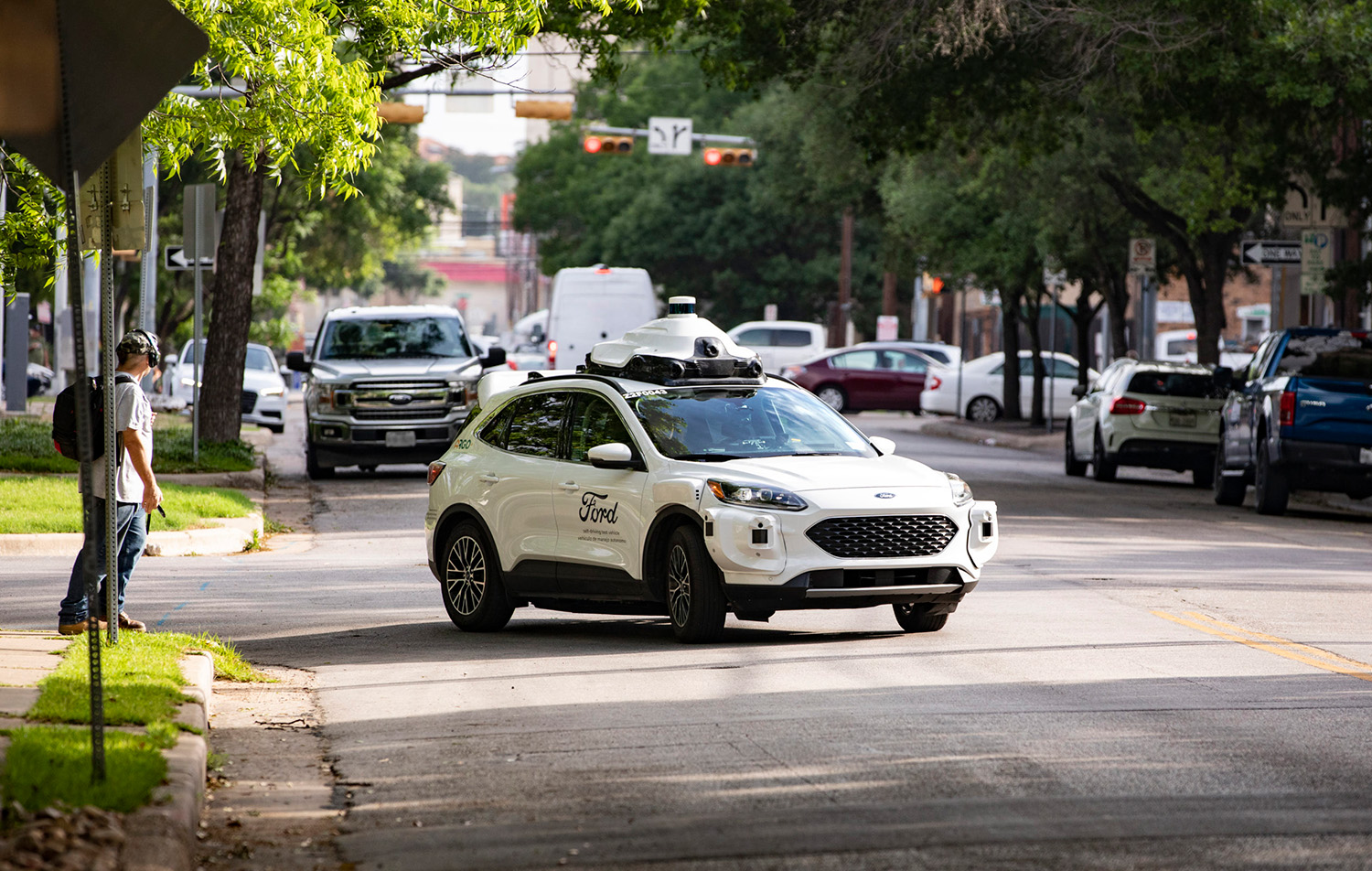
How Will Self-Driving Car Insurance Work?
There’s no shortage of debate when it comes to the top of self-driving cars. Studies have shown that the majority of Americans are still not comfortable with fully autonomous vehicles being on public roads. However, as technology continues to evolve and become more widespread, many interesting questions are coming to play. One of the more perplexing questions is how self-driving car insurance will work. After all, isn’t “the car was driving itself” a perfect excuse for a car crash?
Self-driving cars could reduce car crashes by over 95 percent, so car insurance premiums should drop drastically

Innovation & Tech Today recently put out an article diving into proposed details of car insurance when it comes to self-driving vehicles. Fully autonomous cars are still years out. However, figuring out how insurance will work is certainly something that should be handled ahead of time.
The NHTSA states that 94 to 96 percent of accidents on roads today are caused by human error. So, in theory, eliminating the possibility of human error could see a reduction in car crashes by an equivalent amount. However, even assuming that perfect scenario, there’s still a four to six percent chance of an accident occurring. Then what?
I&T states that car crashes of fully autonomous cars will likely be the liability of the manufacturer of the vehicle. After all, if the car crash happens entirely free of human input and is solely the responsibility of a fault or error with the car’s software or hardware, then it doesn’t make sense for the car’s owner to front the bills. So, unless the automakers can prove that the owner of the vehicle is at fault, they’ll be responsible.
However, if human interaction does cause the crash of a fully autonomous car, I&T Today states that insurance companies will begin offering self-driving car insurance policies. Yes, that sounds a bit strange. However, it makes a good bit of sense when you consider that you carry a car insurance policy as a “just in case” precaution. However, the article also states that, since car crashes will be a lot less likely and relatively rare, the price of insuring a self-driving car should, in theory, be much lower.
Could self-driving cars kill the insurance industry?

As with anything in the world, time eventually makes some things useless. A future where every car is self-driving is likely a multitude of decades away. However, there may come a time where car insurance rates and policy counts drop so low that insurance companies may cease to exist.
Of course, many car insurance companies also insure homeowners, renters, watercraft, etc. So, if you’re concerned about multi-millionaire CEOs getting cold at night, it’s probably not much of a concern.
Overall, the concept seems a bit odd. However, the idea of looking at a car insurance policy comparison and seeing self-driving policies may be a very real thing in the future. For now, though, it’s a reality that’s pretty far off.



